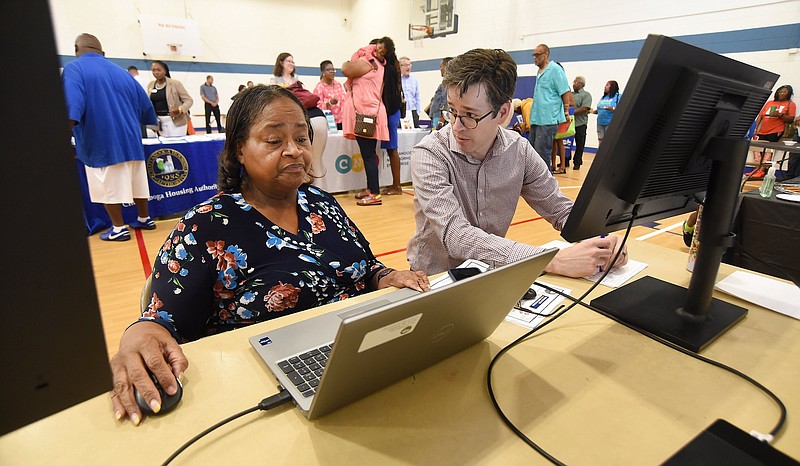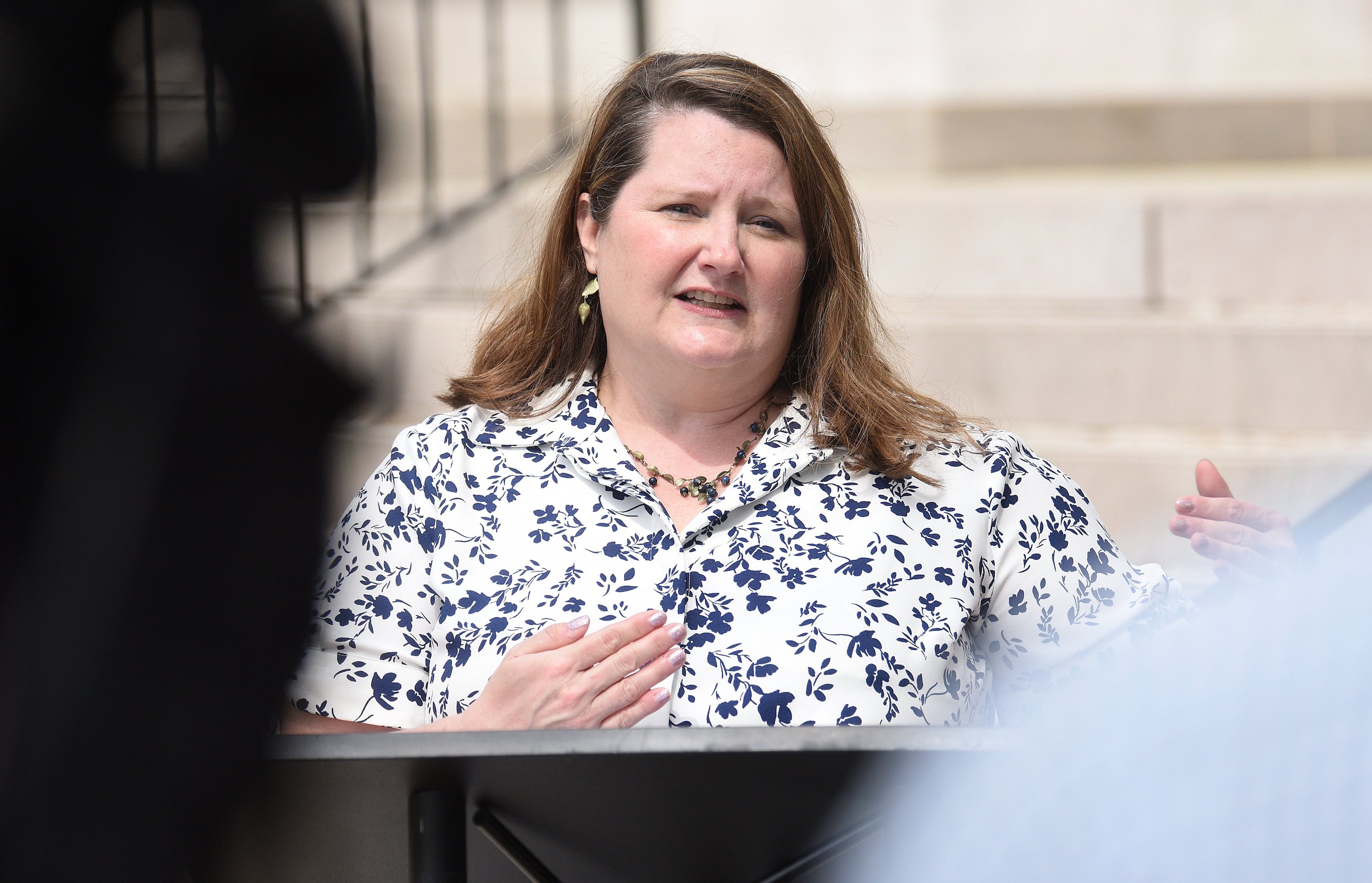Housing and child care affordability, gun safety, and substance use were among the top concerns of Hamilton County residents who completed the county's public health survey last year.
Survey results will help inform local policy and priorities in the coming years, according to Hamilton County Health Department officials, who recently released a summary report of the results.
"Affordable housing and affordable child care help create healthy environments for families and should be a priority of local agencies and organizations," a summary report of the survey states. "Gun safety and substance abuse directly impact lives, especially of young persons, and creating safer places to live is a priority in Hamilton County."
Respondents were asked to rank a list of 27 issues and concerns based on the level of each issue's severity, which revealed the top 10 major problems listed below, according to respondents:
1. Access to affordable housing: 56%.
2. Availability of affordable child care: 46%.
3. Gun safety: 44%.
4. Substance abuse: 44%.
5. Litter and dumping: 40%.
6. Access to medical health care: 38%.
7. Racism: 37%.
8. Access to transportation: 35%.
9. Climate change: 35%.
10. Access to good paying jobs: 34%.
While many of these concerns were shared across different groups, the severity of each concern varied based on income level and race and ethnicity.
Respondents who made less than $50,000 per year as well as Black respondents ranked affordable housing as their No. 1 concern and affordable child care as their No. 3 concern. Substance abuse was the No. 2 concern for those making less than $50,000, while Black respondents reported that gun safety was their No. 2 concern, according to the report.
For Hispanic respondents, gun safety was the top concern, followed by substance abuse and access to affordable housing. Hispanic respondents ranked bullying in schools as their fourth highest concern, followed by racism, which were both ranked as higher concerns among this population than any other group.
Concerns among Black respondents that were not among the overall top concerns include violent crime (No. 6), bullying in schools (No. 9) and access to mental health care. In addition to bullying, Hispanic concerns not included in the overall concerns were access to mental health care (No. 6), motor vehicle accidents (No. 9) and violent crime (No. 10).
(READ MORE: 'We are a violent culture': Chattanooga leaders discuss gun violence, mental health)
Bullying in schools and access to mental health care were also concerns of people making less than $50,000 that did not make the list of top concerns based on the overall survey responses.
Access to medical care and climate change were not listed as top-10 concerns for all three of the above mentioned groups, according to the report.
Overall, 95.4% of respondents reported having health insurance, yet 13.5% reported not getting needed medical care in the past 12 months, according to the report. The primary reasons for not getting needed medical care were cost (48.4%) followed by trouble getting an appointment (18.5%).
Other key takeaways from the report:
— High blood pressure (40.4%), high cholesterol (36.2%) and asthma (17%) were the top three chronic diseases reported.
— Nearly 16% of 18- to 24-year-olds reported not having access to mental health treatment, the highest of any age group.
— When asked over the past seven days (one day or more) how often respondents felt down, depressed or hopeless, 42.7% reported at least one to two days.
— Thirty percent of all respondents either disagreed or strongly disagreed that their community has sufficient options for healthy eating, and 85% of those respondents were either Black, two or more races, or Hispanic.
The countywide survey was anonymous and administered both online and on paper in English and Spanish from April 3 to July 24, 2023, according to a news release. There were 3,383 valid survey responses, which represents nearly 1% of the Hamilton County population, according to the release.
Women accounted for the majority of survey respondents (64%). More than half of respondents were married (56%), had an income over $50,000 (60.2%), had a bachelor's degree or higher (63%) and were white (75%), according to the summary report.
Thirty-three percent of respondents were ages 65 and over.
"The participation from Hamilton County residents has been crucial to the survey's success, and we thank everyone who provided us with thoughtful and honest feedback," Sabrina Novak, Hamilton County Health Department administrator, said in the news release, thanking the University of Tennessee at Chattanooga and the Regional Health Council for help in creating and conducting the survey.
Contact Elizabeth Fite at efite@timesfreepress.com or 423-757-6673.

